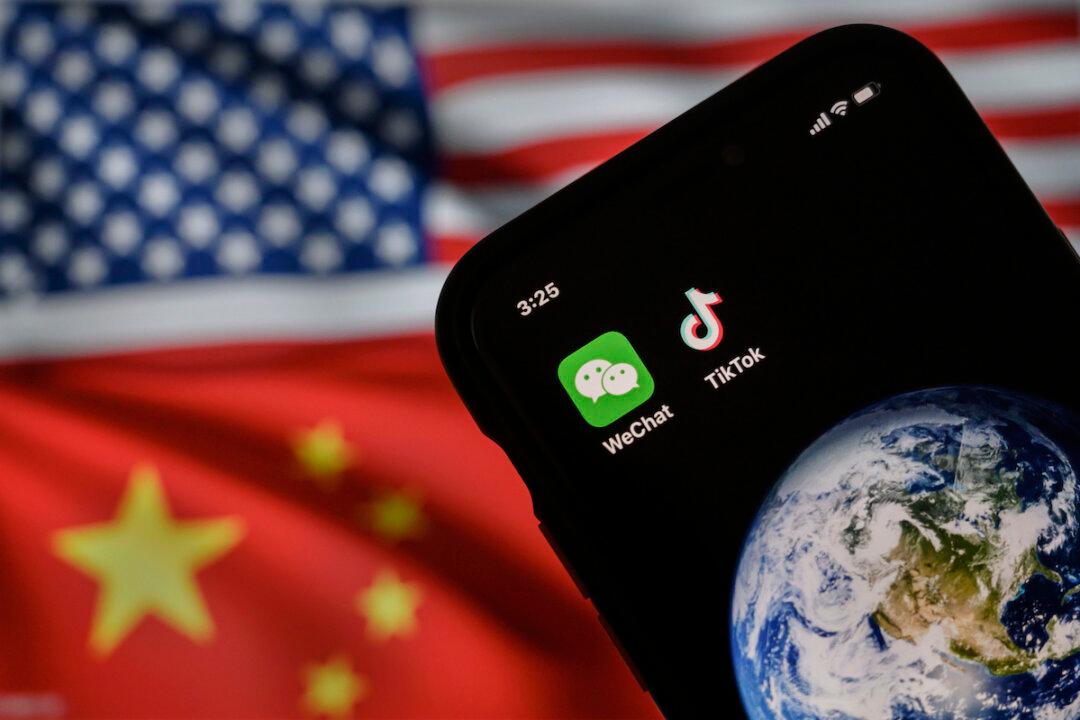WeChat, China’s Twitter-like social media app, announced on April 6 that it has embraced digital Chinese yuan in certain pilot regions as part of its intensified cooperation with the Chinese Communist Party (CCP). In recent years WeChat has increasingly become the regime’s tool for monitoring citizens, censoring speech, and clamping down on dissidents.
According to the WeChat announcement, cell phone users can make payments through a digital RMB app after opening an e-wallet in their real names in WeChat Bank, also known as WeChat Pay.





